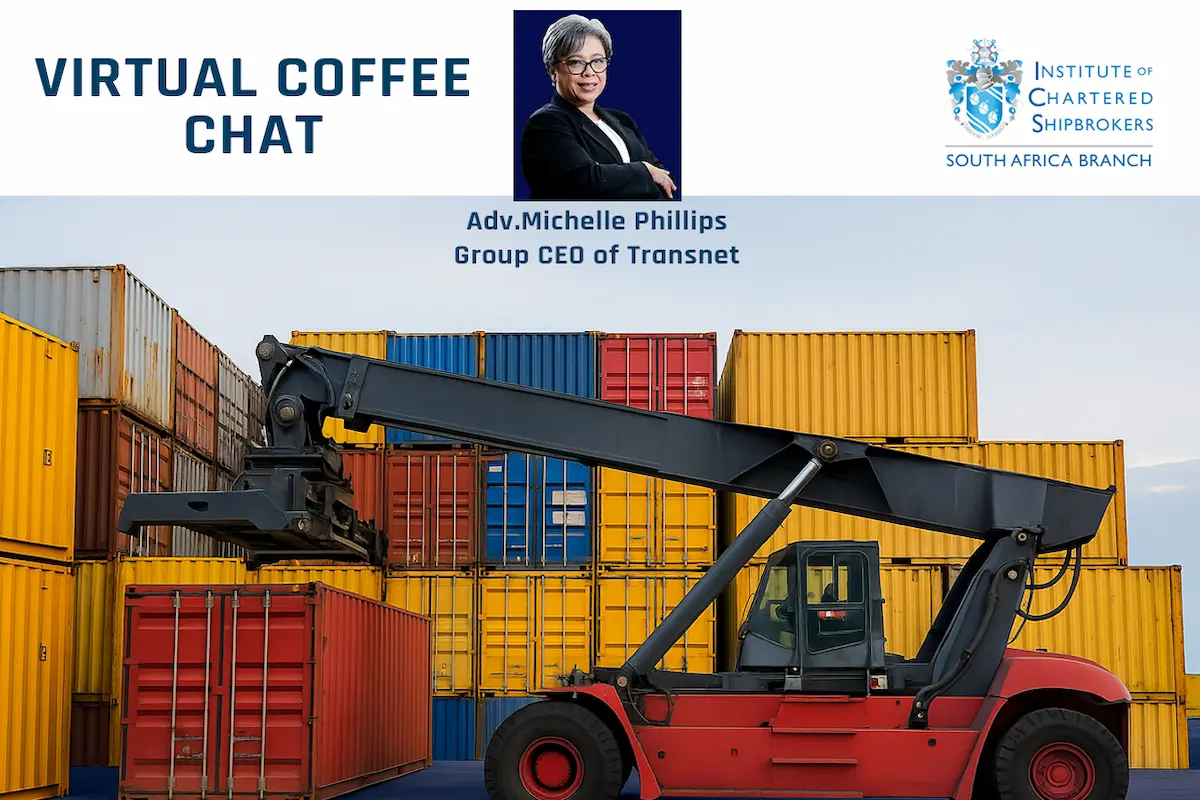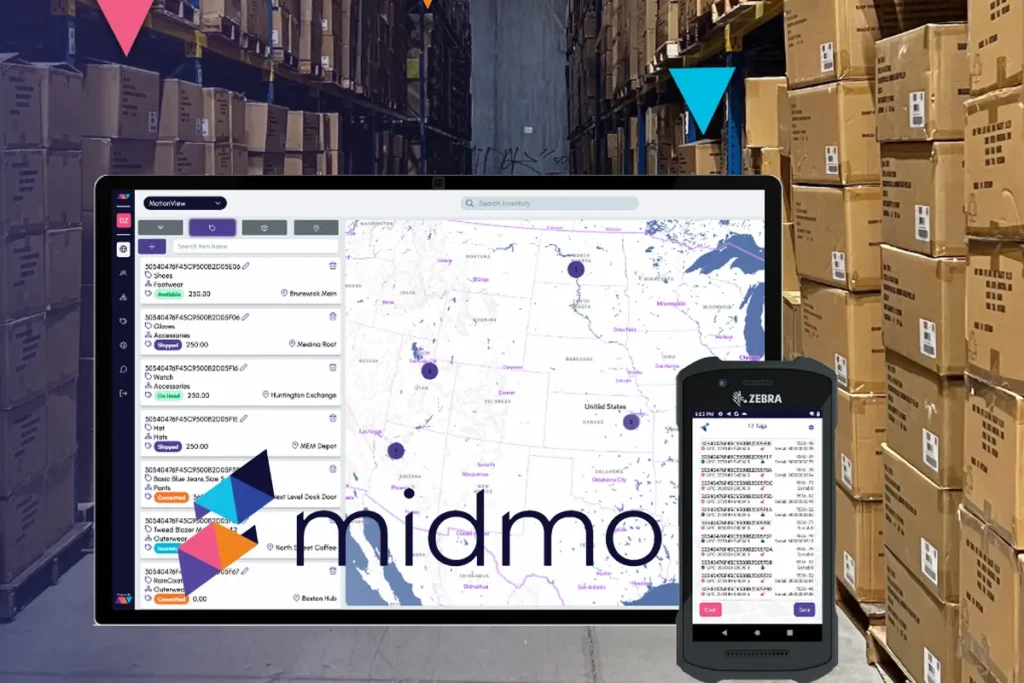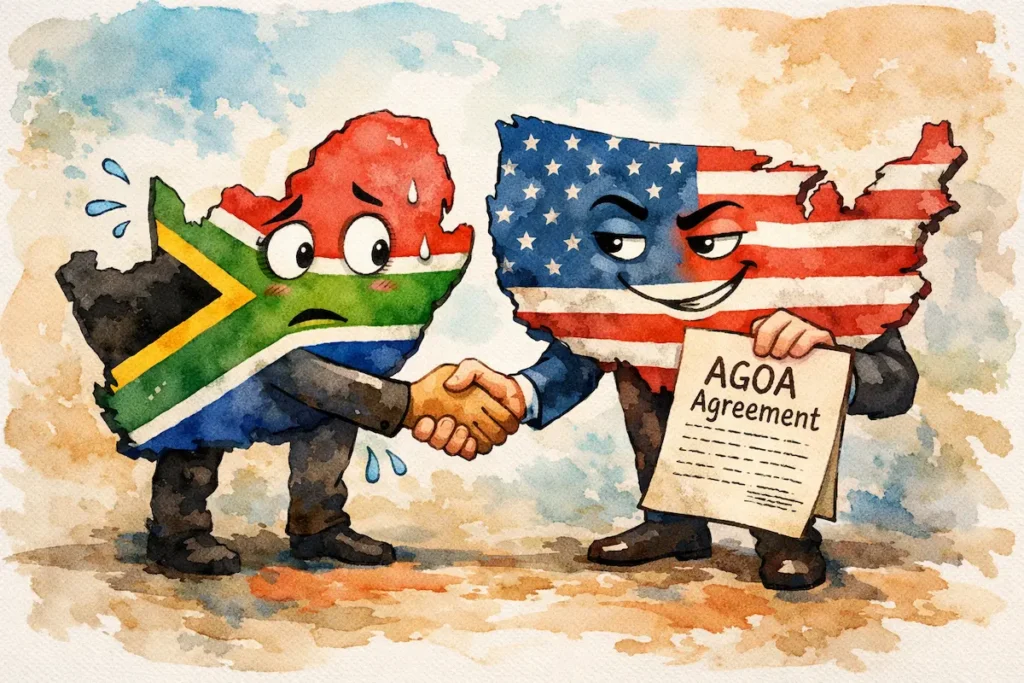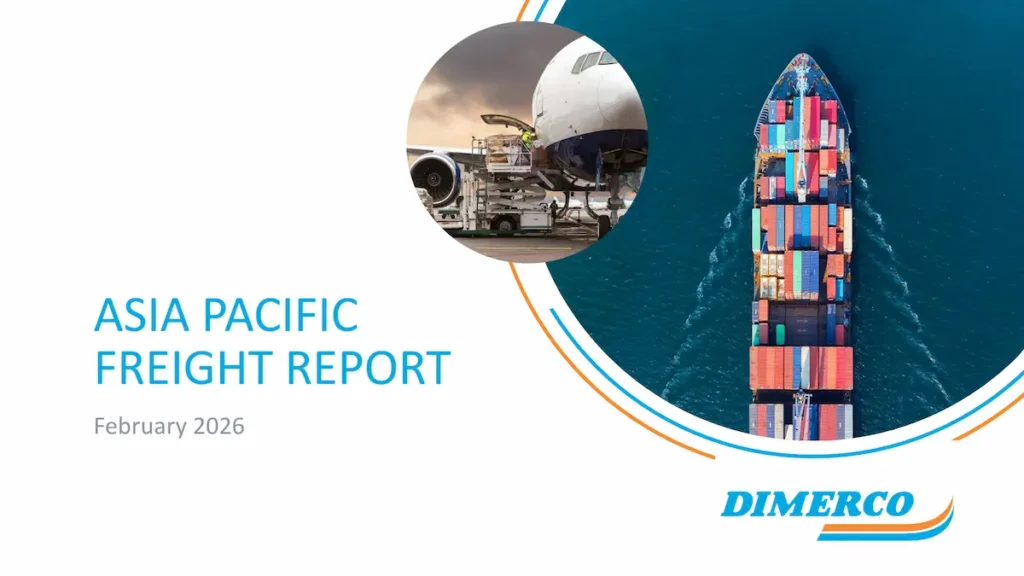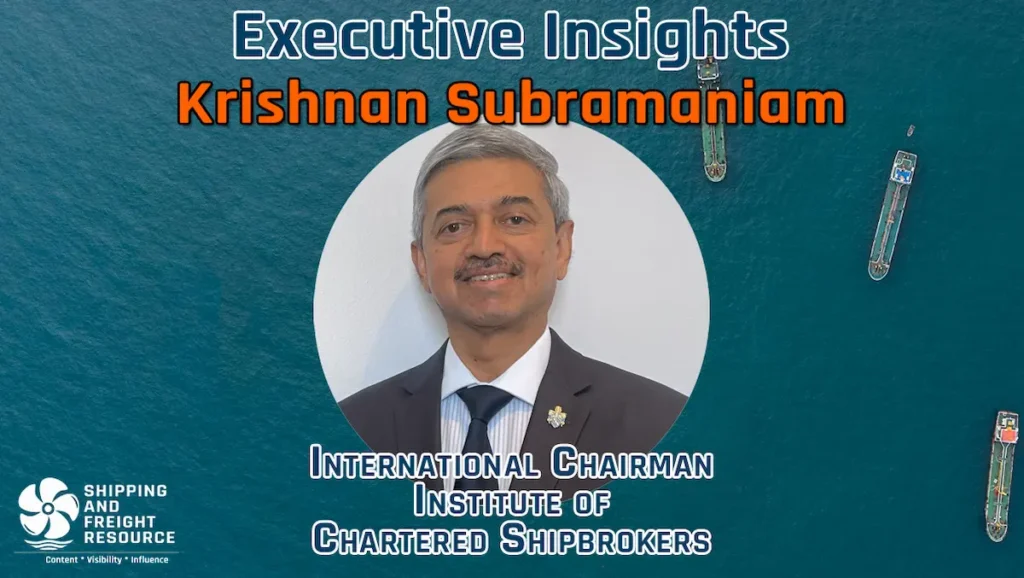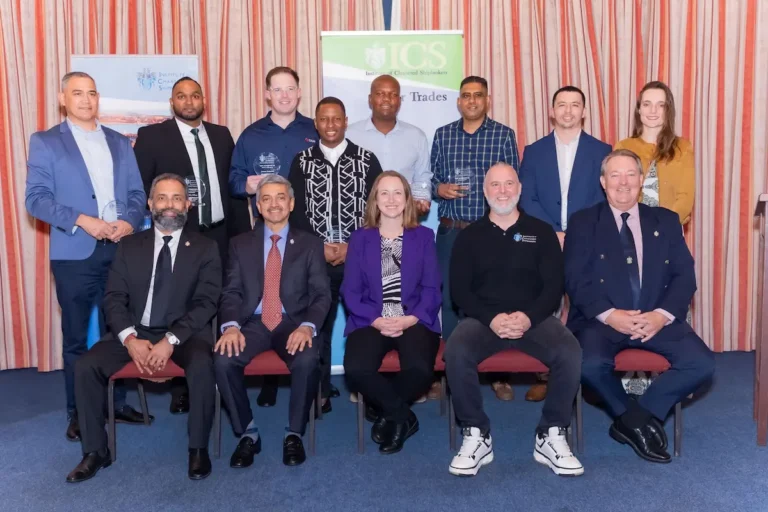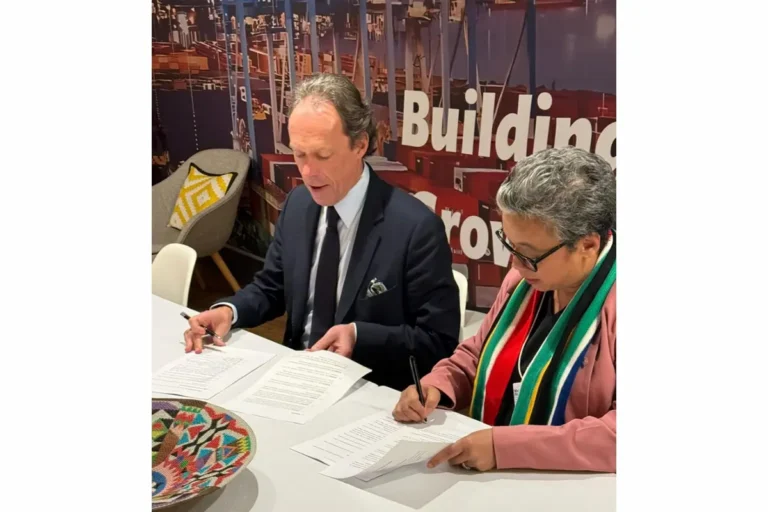- “We are moving in the right direction” – Michelle Phillips – Transnet
- Transnet Rail Infrastructure Manager (TRIM), to oversee the national rail network
- Trasnet to inject R127 billion in capital investment over the next five years
Transnet – South Africa’s logistics backbone has faced immense scrutiny and operational strain in recent years..
During a recent Coffee Chat hosted by the Institute of Chartered Shipbrokers South Africa (ICS SA), Advocate Michelle Phillips—Group Chief Executive of Transnet—offered a refreshingly transparent and grounded update on what’s really happening inside one of the country’s most vital state-owned enterprises..
The challenges: deep, complex, but not insurmountable
Transnet has faced a multitude of systemic issues over the past decade(s).. Years of underinvestment in infrastructure, equipment failures, state capture legacies, cable theft, and rolling stock shortages have all taken a toll..
At one point, volumes dropped to a low of 149.5 million tonnes in 2022–23, down from 226 million tonnes in 2017–18..
Michelle Phillips was candid: “Yes, we’re a loss-making business today. But that doesn’t mean we are standing still. What matters is that we’re moving in the right direction—and fast.”
The consequences of these challenges are felt across every corner of South Africa’s economy, from coal exporters to agricultural shippers struggling with port congestion and road bottlenecks..
The response: reform, reinvention, and responsibility
Under Michelle’s leadership, Transnet is undergoing what she calls a “reinvent for growth” (R4G) strategy, with three key phases:
- Fix and optimise — Focus on core operations and stop the bleeding.
- Transform — Separate infrastructure from operations, introduction of private sector and restructure divisional mandates.
- Grow — Rebuild network capacity, modernise terminals, and increase freight volumes.
One of the significant structural shifts is the establishment of the Transnet Rail Infrastructure Manager (TRIM), which now oversees the national rail network, enabling third-party access to private train operators, something previously unthinkable in a state-monopoly environment..
Additionally, the rolling stock leasing company, the corporatisation of the National Ports Authority, and the disposal of non-core properties are all underway, each fulfilling conditions under a R51 billion government guarantee issued to stabilise the enterprise.
The investment: R127 billion over 5 years
In terms of Transnet’s commitment to recovery, the SOE plans to inject R127 billion in capital investment across rail, ports, pipelines, and engineering over the next five years.. Most of this spend will go toward sustaining capital, getting ageing infrastructure back to acceptable operational standards..
Major equipment purchases—long overdue—are finally being delivered:
- 45 new locomotives were built in just 10 months, a record for Durban’s engineering team.
- 18 rubber-tyred gantries (RTGs) are headed to Cape Town.
- 4 new STS cranes will be operational at Durban Pier 2 by end-2025.
- New tugboats, straddle carriers, and helicopters are being added across terminals.
Michelle Phillips noted, “We’ve entered into long-term agreements with our OEMs so that we look at the total lifestyle management of these machines, which is different from what we’ve done in the past.”
“We’ve been very clear that we do not want to be on the back foot again,” added Phillips
The future: collaboration, not competition
One message came through loud and clear: Transnet cannot do this alone..
Phillips acknowledged the reality that the private sector is better positioned to help close capacity gaps. From concessioning opportunities to joint ventures and public-private partnerships (PPPs), the doors are now open, through formal processes like the Department of Transport’s Request for Information (RFI) across strategic corridors, including:
- Iron Ore
- Manganese
- Intermodal (containers and automotive)
- Chrome and coal corridors
“We need the private sector to come in with us so that, as a country, we can move 250 million tonnes,” she affirmed.
It is expected that in return, private partners can look forward to improved transparency, clear contractual frameworks, and a renewed culture of accountability..
The mood – A cautious optimism, backed by hard numbers
The mood in Transnet is one of cautious optimism.. From 149.5 million tonnes in 2022–23 to a projected 160 million tonnes in 2024–25, there’s already an upward trend..
The goal..?? 180 million tonnes by 2025–26.. While still short of the golden 250, it is undeniably a turnaround worth noting..
There is, however, a long way to go.. With Transnet regaining momentum, leadership embracing transparency, and collaboration between industry players, there’s every reason to believe that the tracks being laid now will lead to a stronger, more reliable, and more inclusive logistics ecosystem for South Africa..
Conclusion – enabling honest industry dialogue
Thanks to the Institute of Chartered Shipbrokers South Africa (ICS SA), a professional body committed to education, integrity, and progress in shipping and trade, these conversations facilitate openness, neutrality, and technical depth..
In line with its commitment to education and progress, The Institute of Chartered Shipbrokers South Africa (ICS SA) is offering a series of bursaries that can open doors for aspiring professionals looking to build a meaningful career or an entry into shipping, freight, logistics, and maritime..
Events like these are more than just updates—they are acts of trust-building, where critical stakeholders come together to ask tough questions, share knowledge, and co-create solutions..

